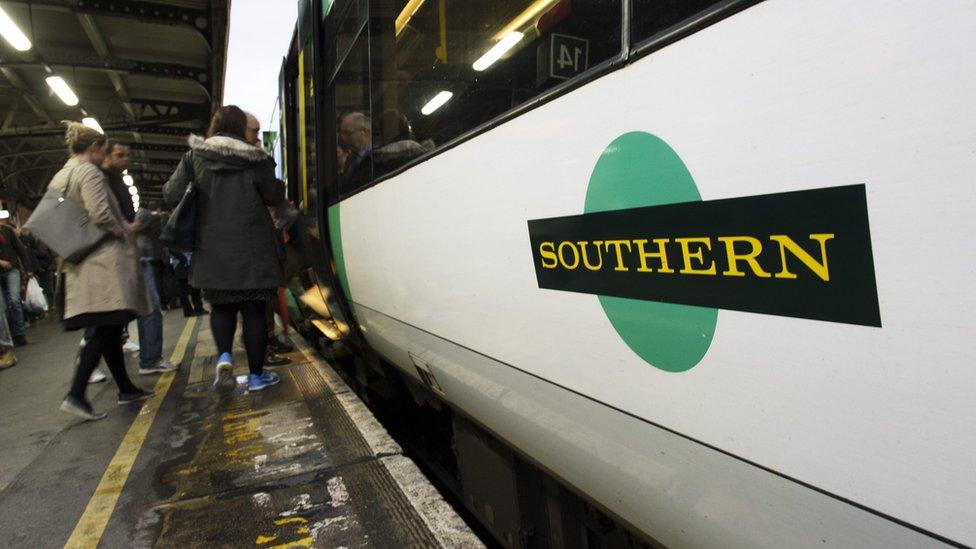Aslef members reject Southern rail deal
- Published
- comments
What do commuters think about the rejected deal?
Aslef members have rejected a deal with Southern rail that would have ended a long-running industrial dispute.
It had been arguing with parent firm, Govia Thameslink Railway (GTR), over driver-only operated (DOO) trains.
Members of the drivers' union rejected the deal by 54.1% to 45.9%. The turnout was 72.7%.
Under the proposed agreement, Southern would have been able to run trains without a guard or onboard supervisor under certain circumstances.
Mick Whelan, general secretary of Aslef, said: "We understand and support the decision arrived at democratically by our members and will now work to deliver a resolution in line with their expectations."
David Sidebottom, of independent watchdog Transport Focus, said: "The hope that services would improve on Southern has now been dashed for their passengers.
"They have had enough of the on-going industrial action. They have faced months of lost time, lost money and deep frustration at not being able to rely on the trains.
"It is vital that all parties in this dispute get back around the table to bring the services back to normal as soon as possible."
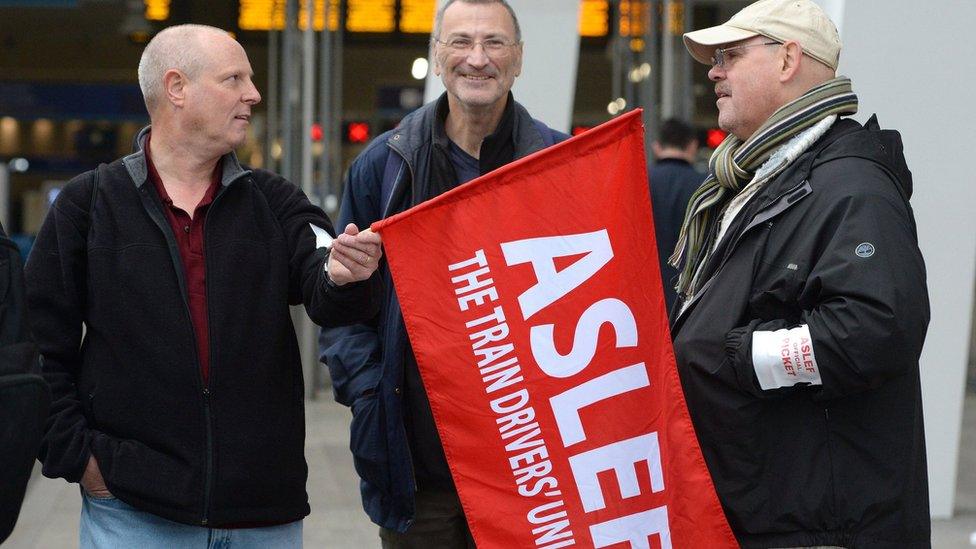
Members of the drivers' union Aslef rejected the deal by 54.1%
Nick Brown, GTR's chief operating officer, said: "Naturally we're saddened and hugely disappointed, as will be our passengers, with today's decision by drivers, particularly as the agreement carried the full support and recommendation of the Aslef leadership.
"We now need to understand the issues which led to this outcome and we'll be seeking to meet with the union as soon as possible to see how we can agree a way forward."
The dispute centres on Southern's decision to turn guards into on-board supervisors.
In this role they would no longer be responsible for opening and closing carriage doors - this duty would become the responsibility of the driver.
'Safety critical'
The dispute began in April when conductors - who are members of the RMT union - first took industrial action.
Aslef members first walked out over the plans in December, leading to the cancellation of all Southern services.
Aslef leaders announced they had reached a deal with GTR on 2 February following 11 days of talks.
The RMT said at the time it was "a shocking betrayal", and it has now been rejected by Aslef members.
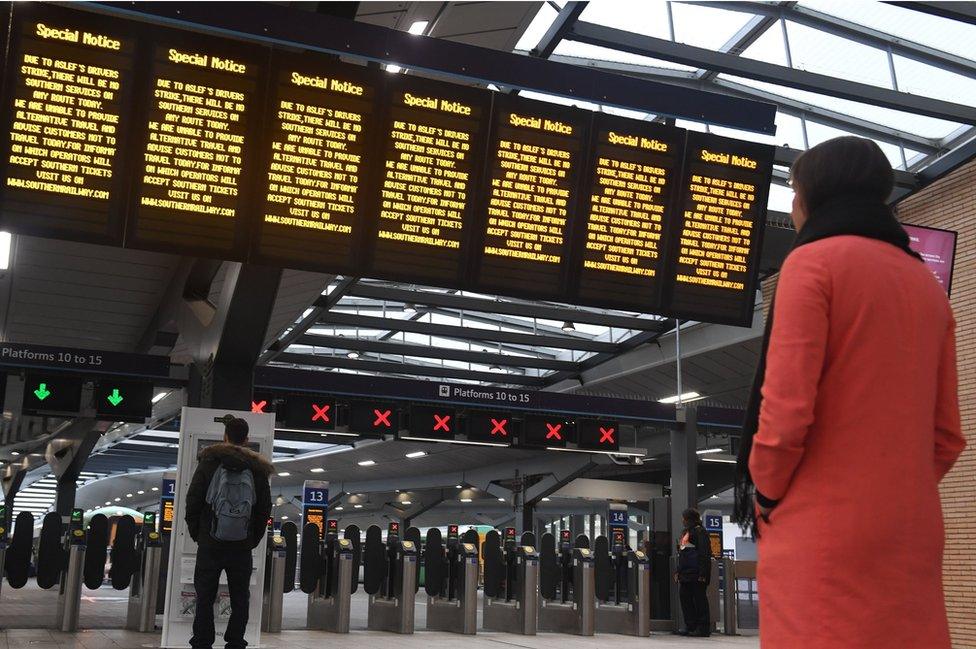
Southern rail passengers have faced months of delays and disruption
A DfT spokesman said: "It is disappointing that Aslef members have rejected the offer negotiated by their leaders at the TUC.
"The union leadership must now return to talks and work with their members on a deal they can back."
RMT leader Mick Cash said his union remained "focused" on the campaign to "protect the safety of the travelling public and put access and safe operation before profits".
He added: "[We] will now look to take that campaign into its next phase [by] working with our sister rail unions, the wider trade union movement and the passengers who use the railway.
"RMT repeats the call to Southern to give the guarantee of a second, safety critical member of staff on their trains and to sit down with the unions in new talks around the issue of safe train despatch."
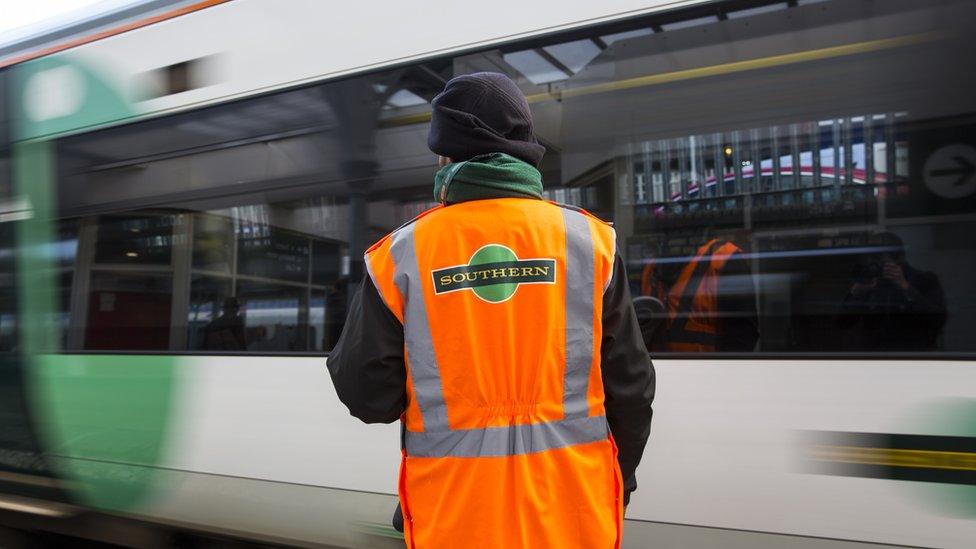
The dispute is over who is responsible for opening and closing the train doors
The RMT held separate talks with Southern managers earlier this week, which broke down without an agreement after three hours.
On Wednesday, it announced further industrial action, saying conductors would walk out for 24 hours on 22 February.

Analysis: Ben Weisz - political reporter for BBC Sussex
There we have it. Aslef drivers voted by a small majority to reject the deal their leaders had struck with Southern.
That's not entirely surprising. Many saw the announcement of the deal as the end of the dispute, but that was wishful thinking.
Once we saw the details it was clear some drivers wouldn't be happy. That deal gave a list of "exceptional circumstances" under which a train might run without its scheduled Onboard Supervisor, or OBS.
Even assurances that those 'exceptional circumstances' didn't include RMT strike action proved insufficient. This wasn't just about solidarity with striking guards. Many drivers remain unconvinced that trains can be run safely without an OBS on board.
What happens next depends on the reaction of key players.
Southern moved quickly to offer fresh talks, and Aslef's Mick Whelan promised to "work to deliver a resolution" - with a relatively small 54.1% majority of drivers rejecting the deal, they'll hope it won't take too many tweaks to produce an acceptable deal.
But commuters will be painfully aware of the disruption further strikes would cause. This dispute has run for months and there's no longer much cause to feel like it's coming to an end.

- Published15 February 2017

- Published14 February 2017
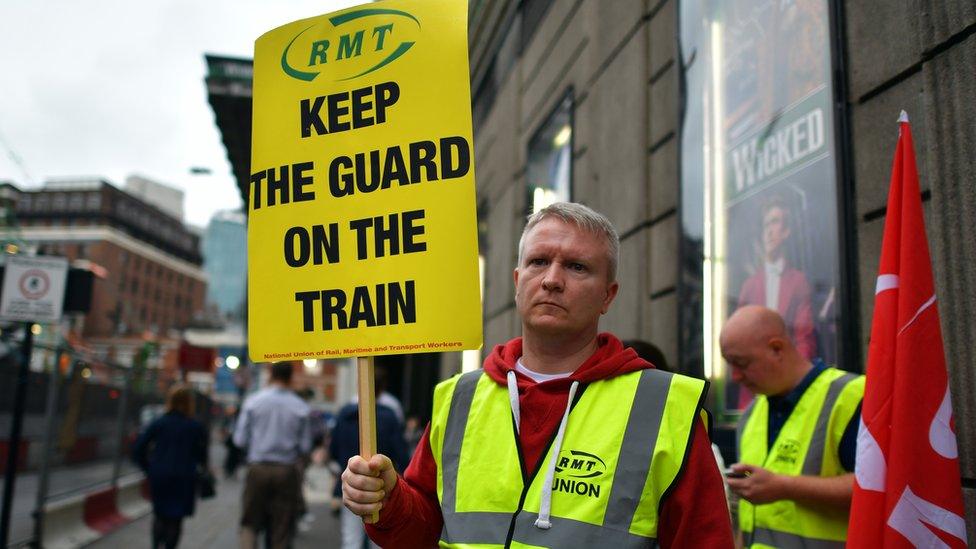
- Published13 February 2017
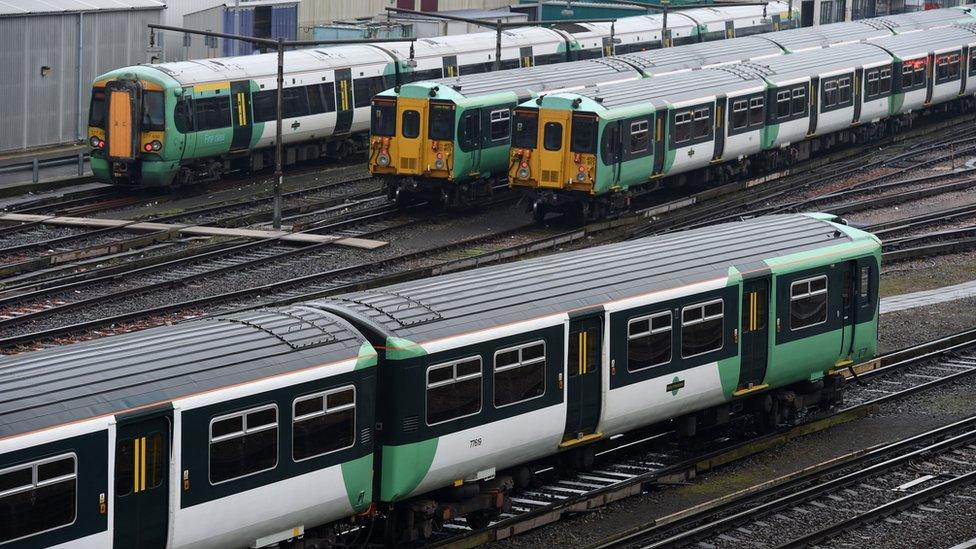
- Published5 February 2017
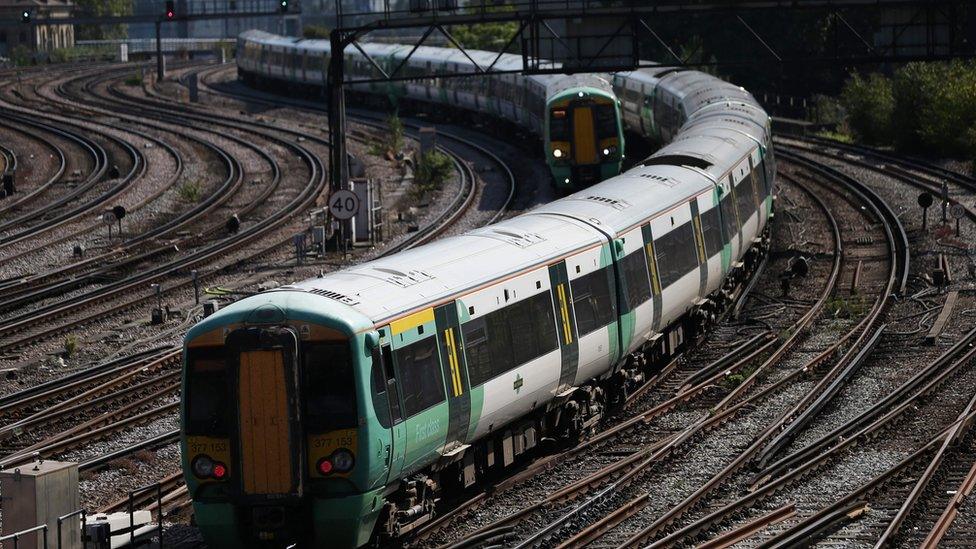
- Published2 February 2017
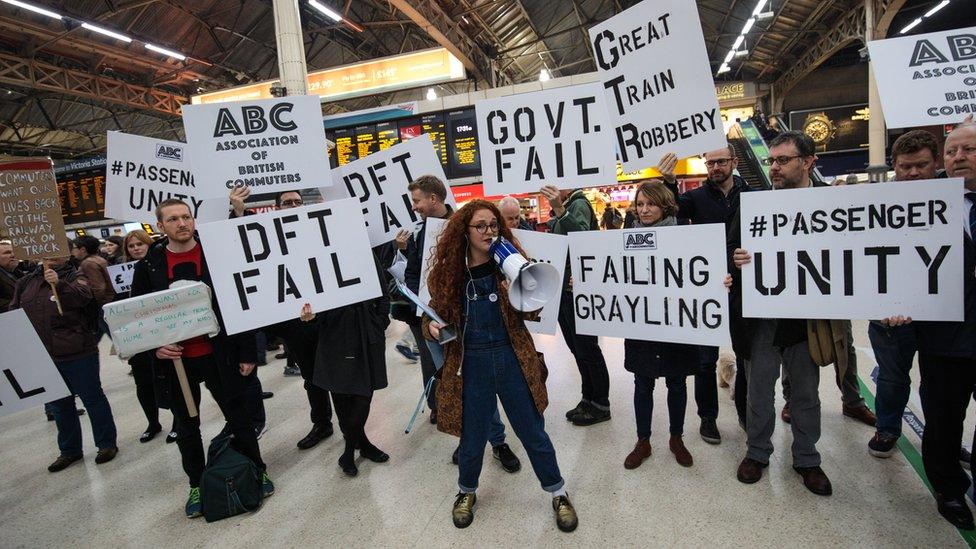
- Published19 January 2017
